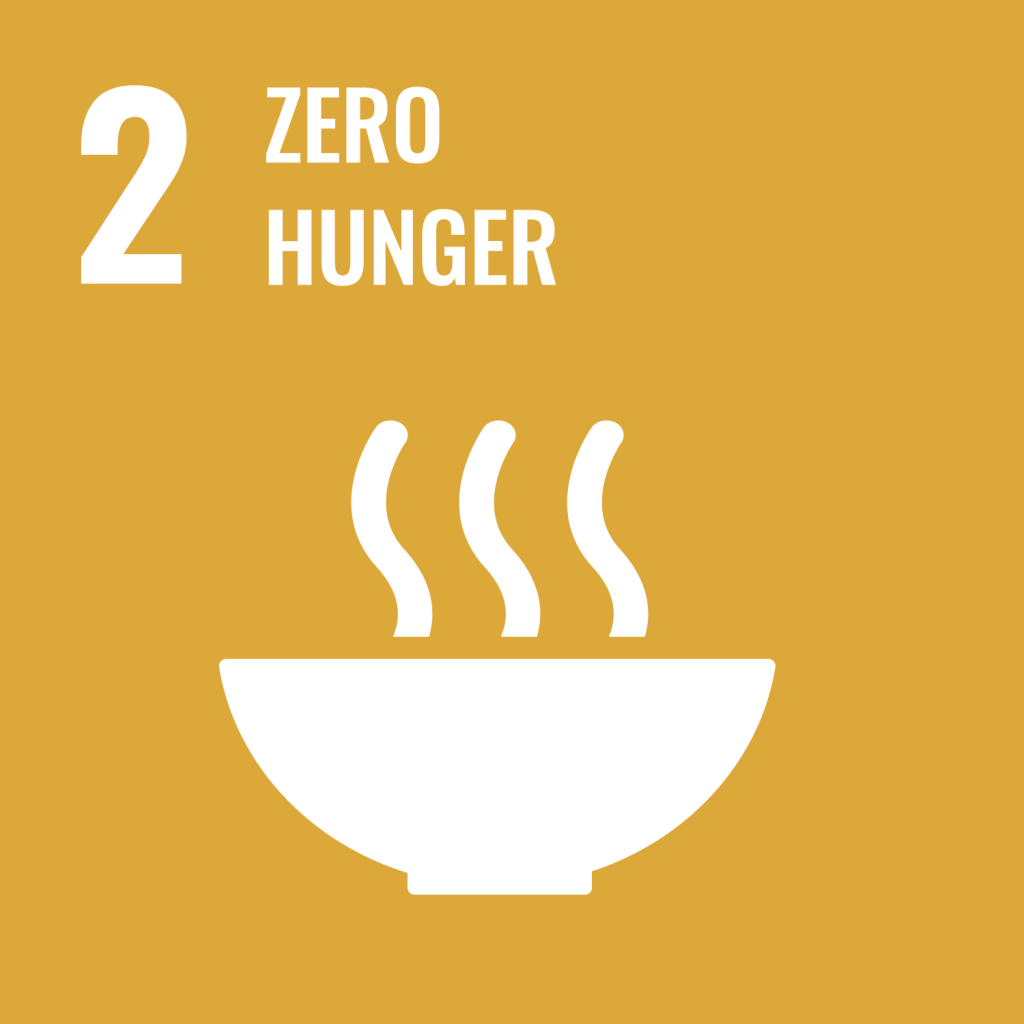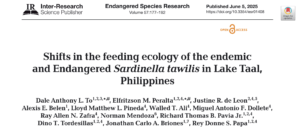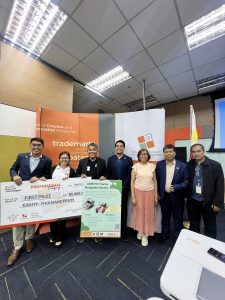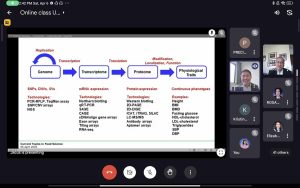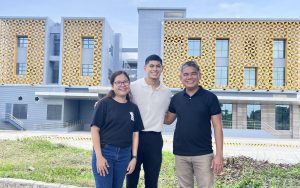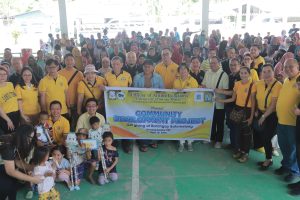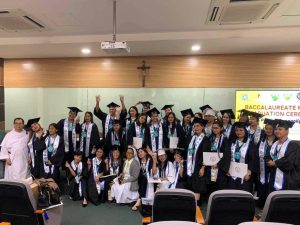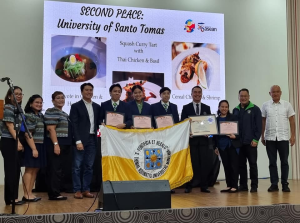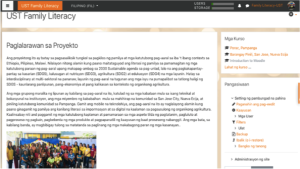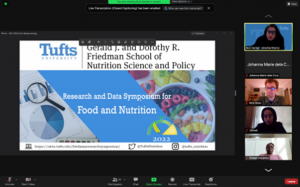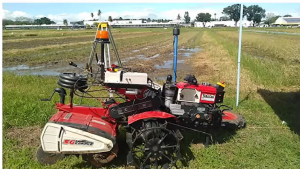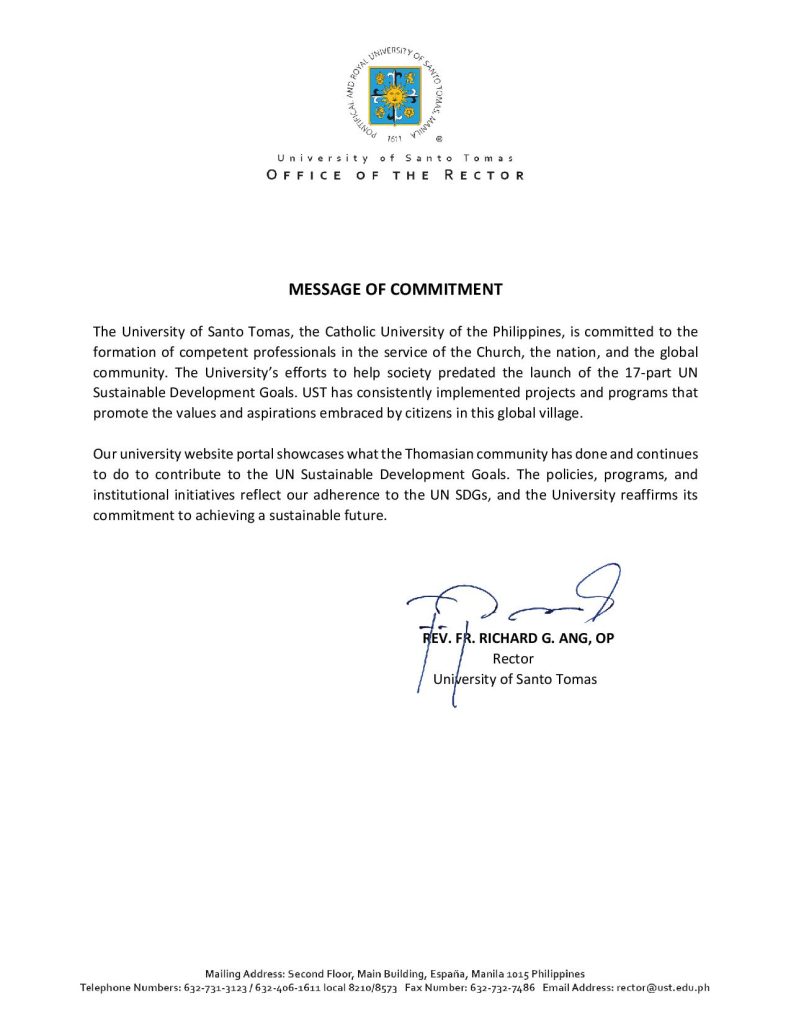Within Taal Lake is the much-loved yet endangered Sardinella tawilis....
Read More
The University of Santo Tomas is one of the leading private research universities in the Philippines and is consistently ranked among the top 1000 universities in the whole world. With academic degrees and research thrusts in the natural, health, applied, social, and sacred sciences, as well as business and management, the University continuously strives to make a positive impact on the society.
Visit Us:
Espana Blvd., Sampaloc, Manila, Philippines 1008
Be Informed. Subscribe.
Send us your feedback




